





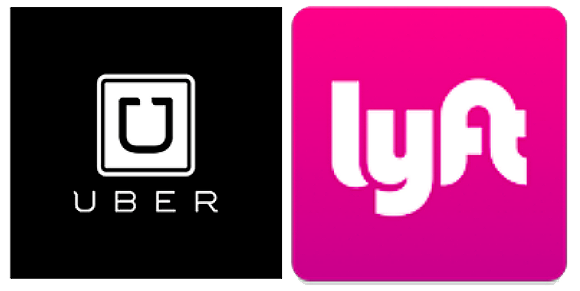
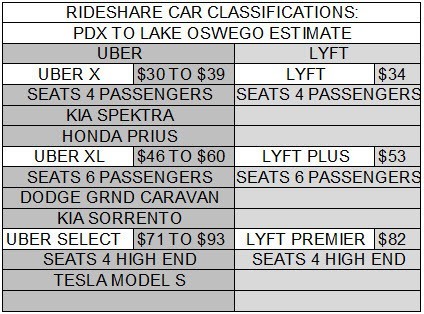
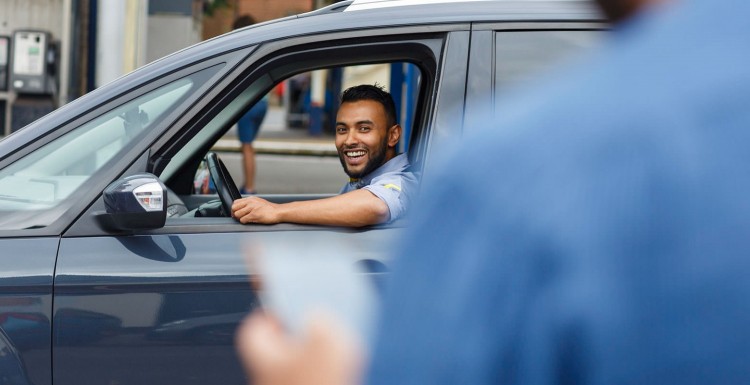
Transportation network company (TNC) (sometimes known as mobility service providers or MSPs) TNCs include Gett, Lyft, Juno, Cabify, Uber, goCatch, Via, Ola Cabs, GoCar, GO-JEK, Careem, Wingz, Taxify, GrabTaxi, Didi Kuaidi, Easy Taxi, 99 and Fasten. TNCs are examples of the sharing economy.
Real-time ridesharing (also known as instant ridesharing, dynamic ridesharing, ad-hoc ridesharing, on-demand ridesharing, and dynamic carpooling) is a service that arranges one-time shared rides on very short notice. This type of carpooling generally makes use of three recent technological advances:
GPS navigation devices to determine a driver's route and arrange the shared ride
Smartphones for a traveler to request a ride from wherever they happen to be
Social networks to establish trust and accountability between drivers and passengers
These elements are coordinated through a network service, which can instantaneously handle the driver payments and match rides using an optimization algorithm.
Like carpooling, real-time ridesharing is promoted as a way to better utilize the empty seats in most passenger cars, thus lowering fuel usage and transport costs. It can serve areas not covered by a public transit system and act as a transit feeder service. Ridesharing is also capable of serving one-time trips, not only recurrent commute trips or scheduled trips.
In the early 2010s, several transportation network companies were introduced that were advertised as ridesharing, but in fact dispatched commercial operators similar to a taxi service. The first such service to appear on the market was the San Francisco based company Sidecar (launched in 2011). Transportation experts have called these services "ridesourcing" to clarify that drivers do not share a destination with their passengers; the app simply outsources rides to commercial drivers.
"Ridesharing" has been controversial, variously criticized as lacking adequate regulation, insurance, licensure, and training. One of the main so-called ridesharing (but actually ridesourcing) firms, Uber, has been banned in major cities such as Frankfurt, Barcelona, Vancouver, Buffalo and a number of other cities around the world. Opposition may also come from taxi companies and public transit operators, because they are seen as unfair and unregulated alternatives.
Real-time ridesharing (also known as instant ridesharing, dynamic ridesharing, ad-hoc ridesharing, on-demand ridesharing, and dynamic carpooling) is a service that arranges one-time shared rides on very short notice. This type of carpooling generally makes use of three recent technological advances:
GPS navigation devices to determine a driver's route and arrange the shared ride
Smartphones for a traveler to request a ride from wherever they happen to be
Social networks to establish trust and accountability between drivers and passengers
These elements are coordinated through a network service, which can instantaneously handle the driver payments and match rides using an optimization algorithm.
Like carpooling, real-time ridesharing is promoted as a way to better utilize the empty seats in most passenger cars, thus lowering fuel usage and transport costs. It can serve areas not covered by a public transit system and act as a transit feeder service. Ridesharing is also capable of serving one-time trips, not only recurrent commute trips or scheduled trips.
In the early 2010s, several transportation network companies were introduced that were advertised as ridesharing, but in fact dispatched commercial operators similar to a taxi service. The first such service to appear on the market was the San Francisco based company Sidecar (launched in 2011). Transportation experts have called these services "ridesourcing" to clarify that drivers do not share a destination with their passengers; the app simply outsources rides to commercial drivers.
"Ridesharing" has been controversial, variously criticized as lacking adequate regulation, insurance, licensure, and training. One of the main so-called ridesharing (but actually ridesourcing) firms, Uber, has been banned in major cities such as Frankfurt, Barcelona, Vancouver, Buffalo and a number of other cities around the world. Opposition may also come from taxi companies and public transit operators, because they are seen as unfair and unregulated alternatives.
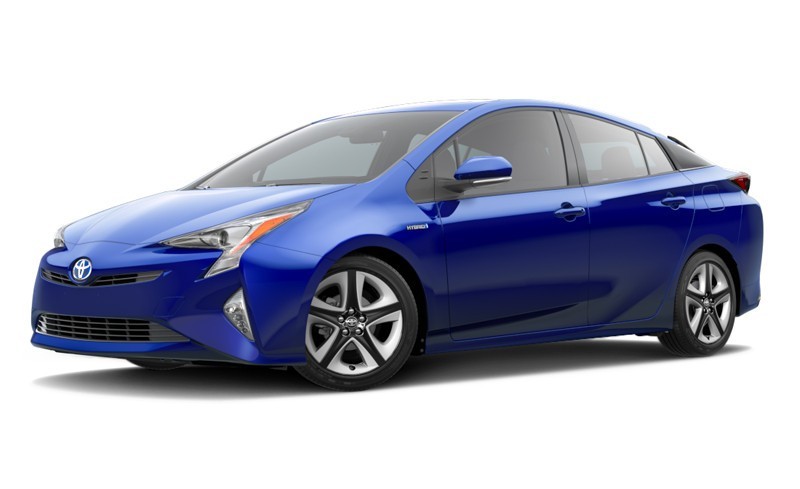
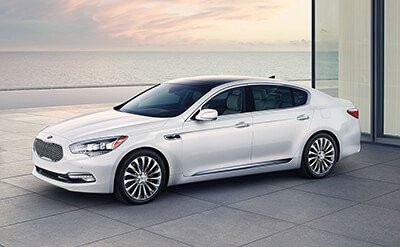




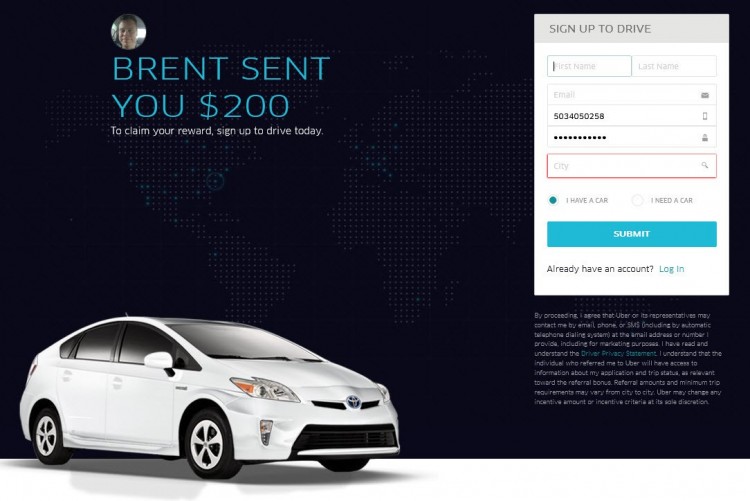
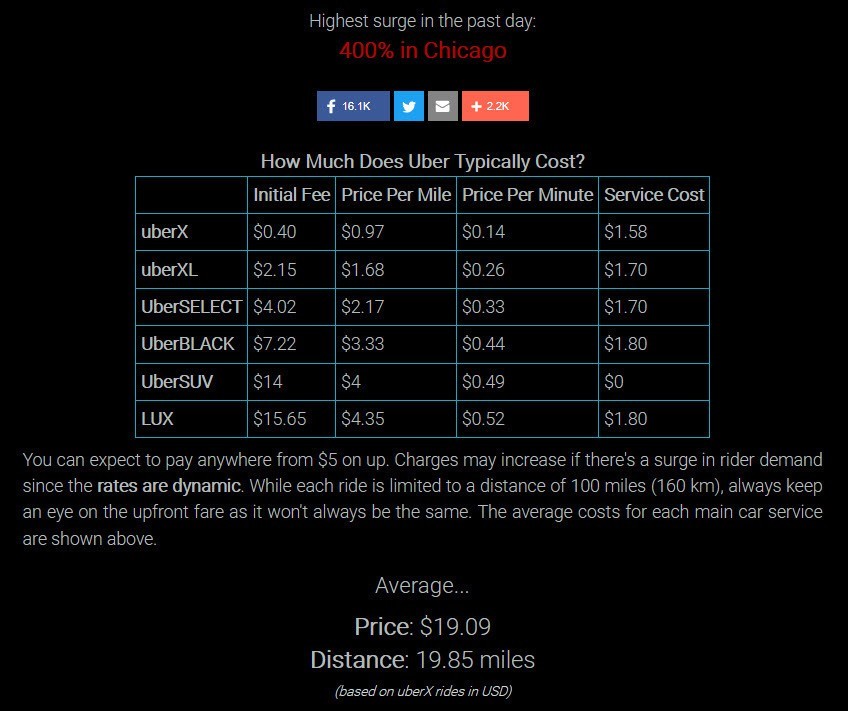



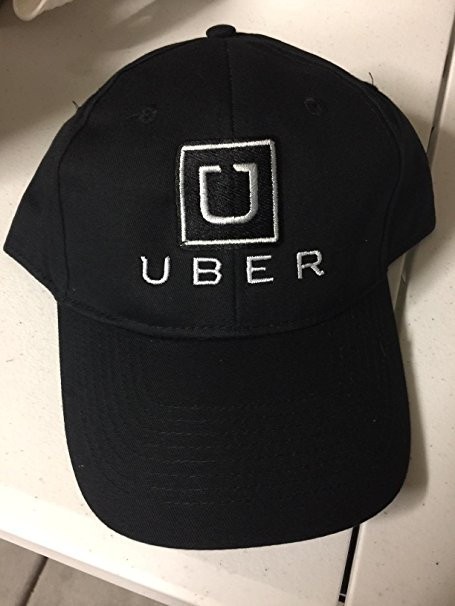
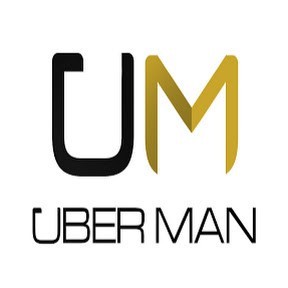
$$$ Uber = Surge Pricing Lyft = Prime Time Pricing


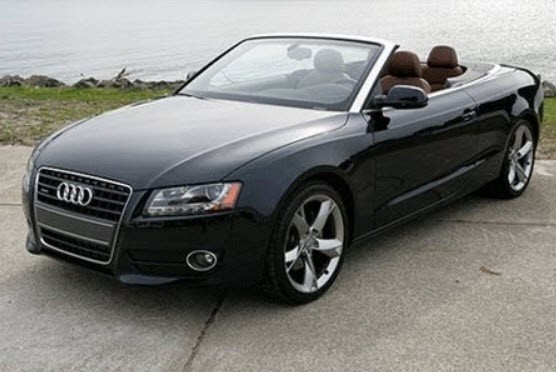
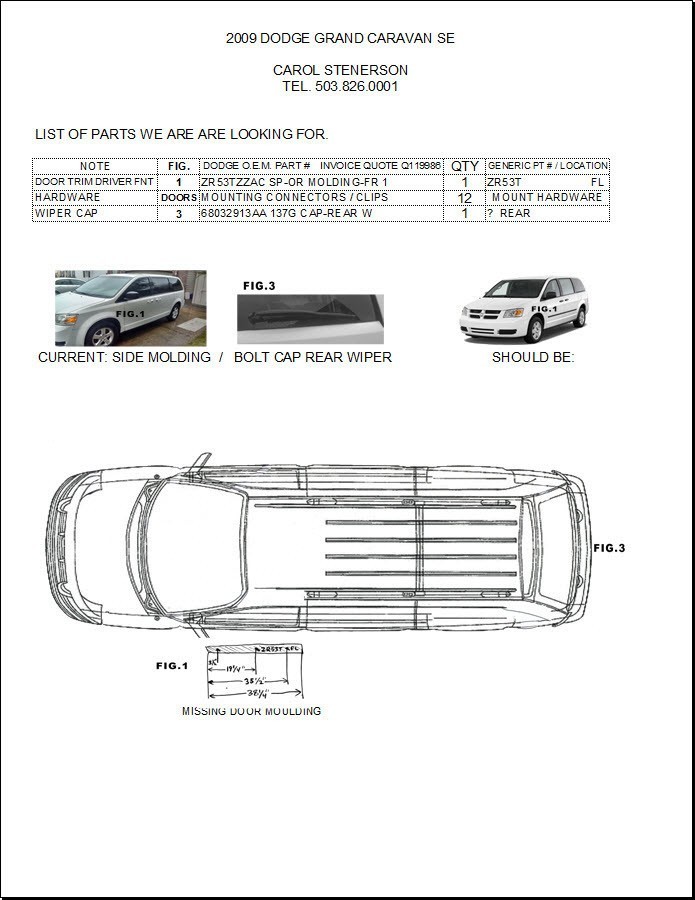

CLEANSE ROSE QUARTZ CRYSTAL INFUSED
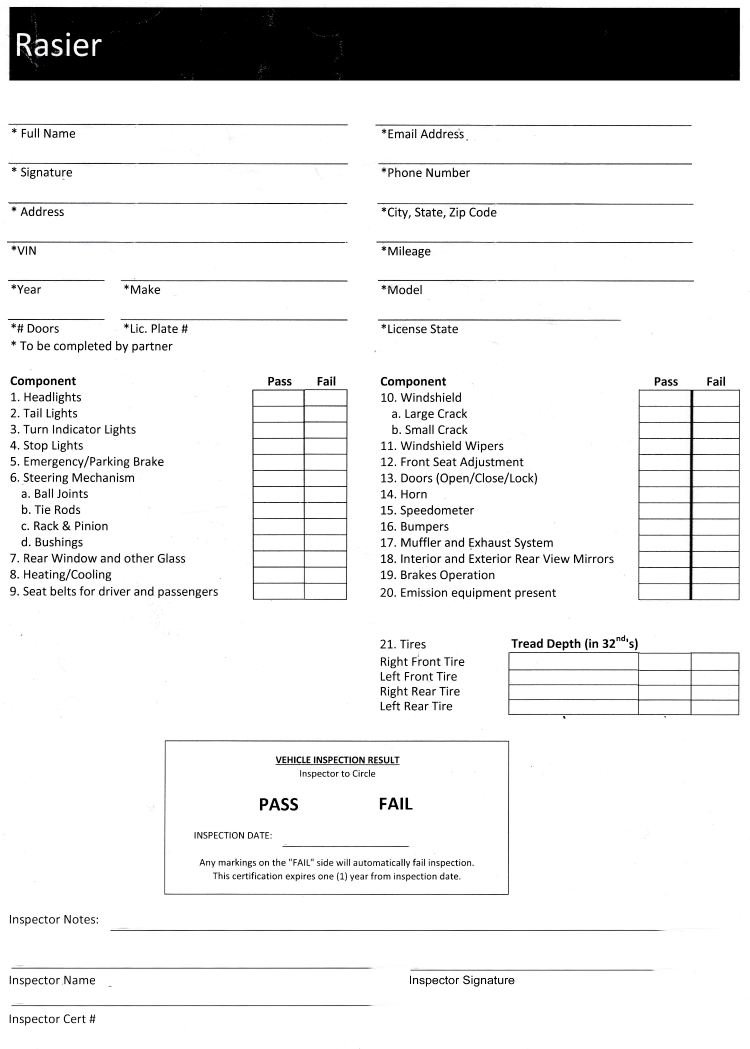
Please Sign Guestbook